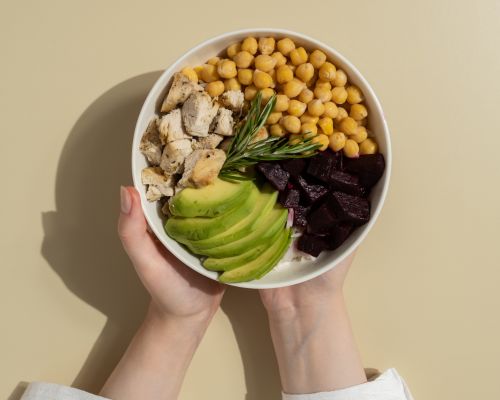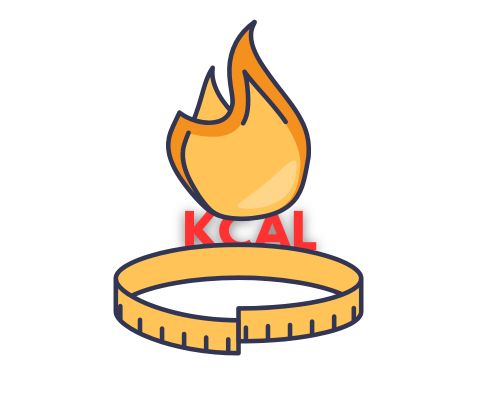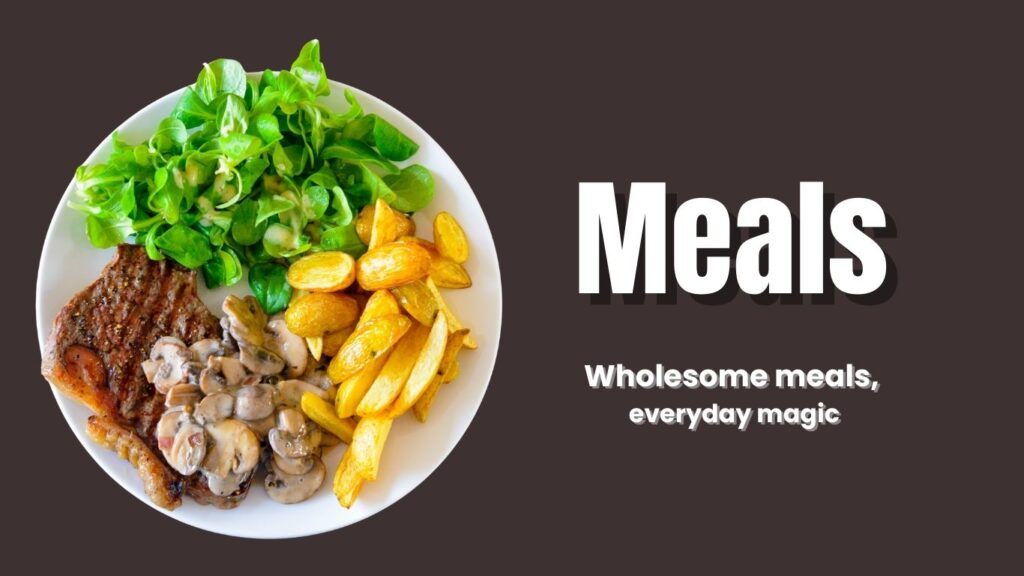

Why Nutrition is 80% of Your Fitness Success
No matter your fitness goals—fat loss, muscle gain, or boosting energy—your results depend heavily on what you eat. Learn how proper nutrition complements your workouts and improves overall well-being.

Unlock Your Daily Calorie Code
Your body burns calories every day just to stay alive and perform daily tasks like walking, working, and even sleeping. To understand how many calories you need per day, follow these steps:
1. Calculate Your BMR (Basal Metabolic Rate)
BMR is the number of calories your body needs at rest. It depends on your age, gender, weight, and height.
You can use this formula (Mifflin-St Jeor Equation):
For men:
BMR = 10 × weight (kg) + 6.25 × height (cm) − 5 × age (y) + 5For women:
BMR = 10 × weight (kg) + 6.25 × height (cm) − 5 × age (y) − 161
2. Multiply by Your Activity Level
Now, multiply your BMR by an activity factor to find your Total Daily Energy Expenditure (TDEE):
| Activity Level | Multiply BMR by | Description |
|---|---|---|
| Sedentary (little or no exercise) | 1.2 | Desk job or very inactive |
| Lightly active (1–3 days/week) | 1.375 | Light exercise or sports |
| Moderately active (3–5 days/week) | 1.55 | Regular exercise |
| Very active (6–7 days/week) | 1.725 | Intense daily exercise |
| Super active (twice a day or heavy work) | 1.9 | Athlete or intense labor |
3. Adjust for Your Goal
To maintain your weight: Eat your TDEE calories
To lose weight: Eat 300–500 fewer calories than your TDEE
To gain muscle: Eat 300–500 more calories than your TDEE


vegetarian protein sources
Vegetarian protein sources are rich and varied, making it easy to meet daily protein needs without meat. Foods like lentils, chickpeas, tofu, quinoa, and Greek yogurt are excellent plant-based options. Nuts, seeds, and soy products also provide essential amino acids for muscle repair and energy. Including a variety of these in your diet ensures complete nutrition and supports a healthy lifestyle.
Non-veg protien sources
Non-veg protein sources are rich in essential amino acids and are ideal for muscle growth and recovery. Common sources include chicken, fish, eggs, and lean cuts of meat like turkey and beef. These proteins are easily absorbed by the body and help maintain strength and energy. Including a variety of non-veg options in your diet ensures you get high-quality, complete proteins.


"Macros and Micro"nutrients
Macros and micronutrients are essential components of a balanced diet that support overall health and body function. Macronutrients—carbohydrates, proteins, and fats—provide energy and are needed in larger quantities. Micronutrients, including vitamins and minerals, are required in smaller amounts but play a crucial role in immune function, bone health, and metabolism. A proper balance of both helps maintain energy levels, muscle growth, and overall well-being.
